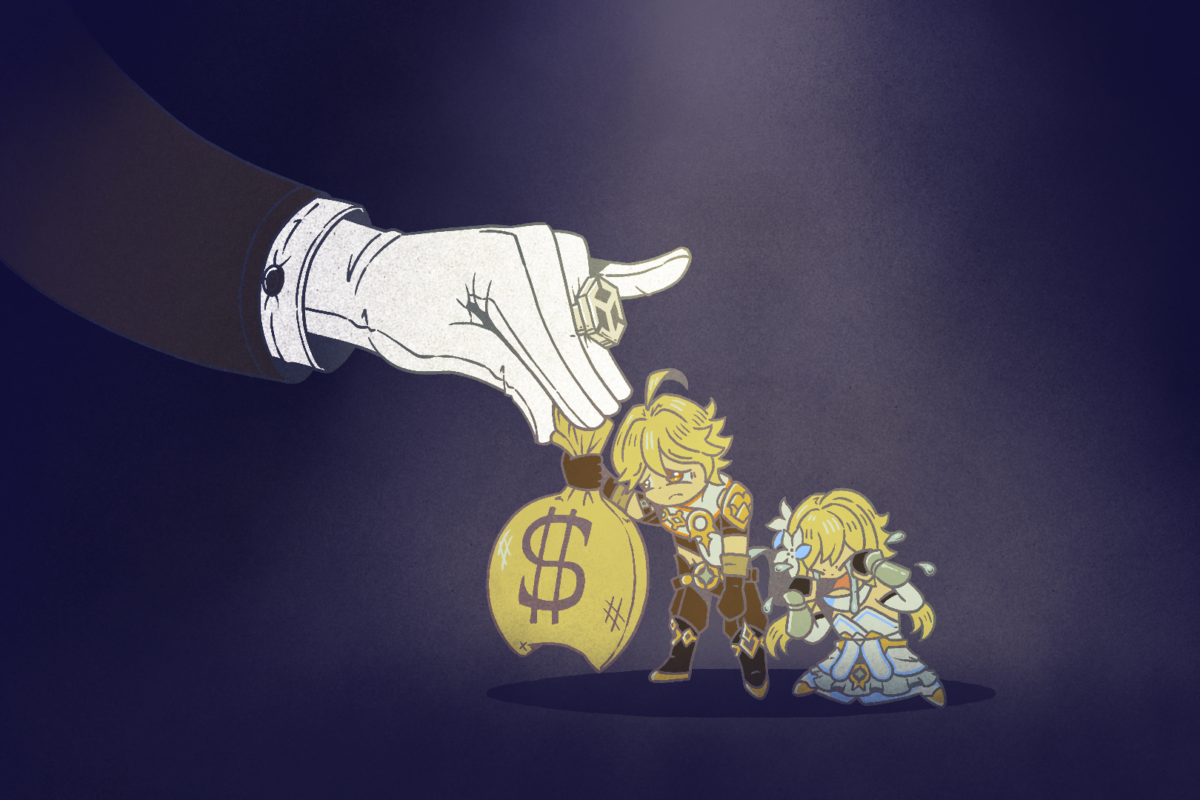Last month’s controversy surrounding the Unity game engine is still having an effect on developers.
Last month, the popular game development engine Unity Technologies and its developers came under scrutiny over their updated revenue share plan. This included setting a price on each download of a developed game, its most controversial change. This quickly sparked a backlash from its users and the online gaming community.
This announcement, the “Runtime fee,” was a shake-up in the industry. Unity would have started charging creators a share of their profits regardless of their assigned plan. With each download, a creator would be charged 0.20$ at least.
After weeks of deliberation, Unity pulled back on several changes, returning to a status quo similar to the previous iteration with apologies to its users. However, members of the Concordia Game Development Club (CGD) are looking for a change of pace.
“It kind of made me feel like I had the choice made for me,” said Arevig Nahabedian, a second-year student in computation arts and a member of the CGD. “Unity is the industry standard if you’re getting into game development. Now, I don’t know.”
Nahabedian has been a club member for over a year, but their passion lies more in the arts than programming, as they are often drawing. During CGD-hosted community events, like the game jams, they said their role is often dedicated to managing projects with little coding involved.
Nahabedian credited Unity’s popularity to its accessibility, being utilized by large companies and amateurs alike. “I just know that there’s a disconnect between most people and larger companies,” Nahabedian explained. “Like, the profits for a potential game are not even in my headspace.”
After Unity’s latest controversy, Nahabedian believed a rift was made between the company and avid game developers, such as Concordia’s club members. Despite Unity nullifying the announced changes, Nahabedian and many of their peers switched to experimenting with other game engines. Among them were free open-source options like Gadot Engine, not bound to any profit incentive.
“This was sort of foreseeable,” Charles Partous, Vice-President of the CGD and second-year student in software engineering, said. “We knew that game engine providers could change the nature of their services. That’s part of the motivation behind me wanting to move away from [Unity].”
The Unity game engine has been a popular method of development since its release in 2005. Along with its contemporary Unreal Engine, it has been operating on a similar business model for the last decade. Both programs are free for the average creative, while bigger developers would have to opt in to their paid programs, which come with unique features.
Although Partous understood Unity was trying to further market off their product, he believed it to be a misstep.
“I never put too much faith into unity as a company,” Partous admitted. “It seems that they have lost a lot of goodwill within the community now. A lot of people who previously might have been spending time learning Unity may decide to shift to learning other toolsets and that’s major.”
This shift in the gaming industry is not just shared by developers inside of the game development club. George Mavroeides, a software engineer at Canadian Aviation Electronics (CAE) and former club president, believed the controversy’s effect will have further implications in the future.
“It starts with Unity, but then you have the game studios behind them who are going to be affected,” Mavroeides said. “You have third party software depending on Unity. So if a lot of people leave unity, then they’re going to get affected by the numbers.”
Mavroeides works on the CAE’s graphics team, where he uses similar technology to Unity’s game engine to create flight simulators. He believed the sudden announcement last month was brought on by a loss in revenue. Specifically due to a lack of profit from ads on unity-developed mobile apps, among other factors.
As someone who was introduced to game development through Unity, Mavroeides remained weary over the future of the industry. He believed amateurs in game development might lose their motivation to pursue the craft if they don’t find alternatives.
